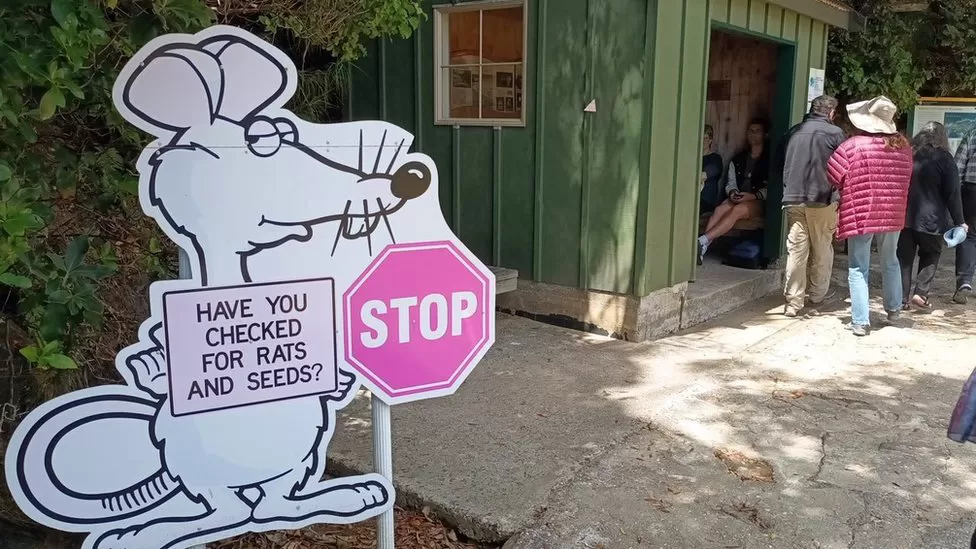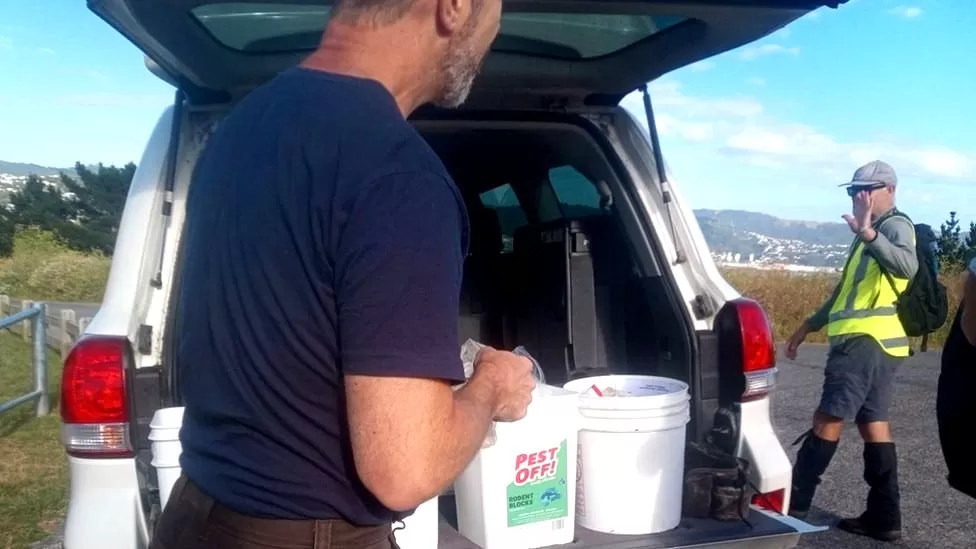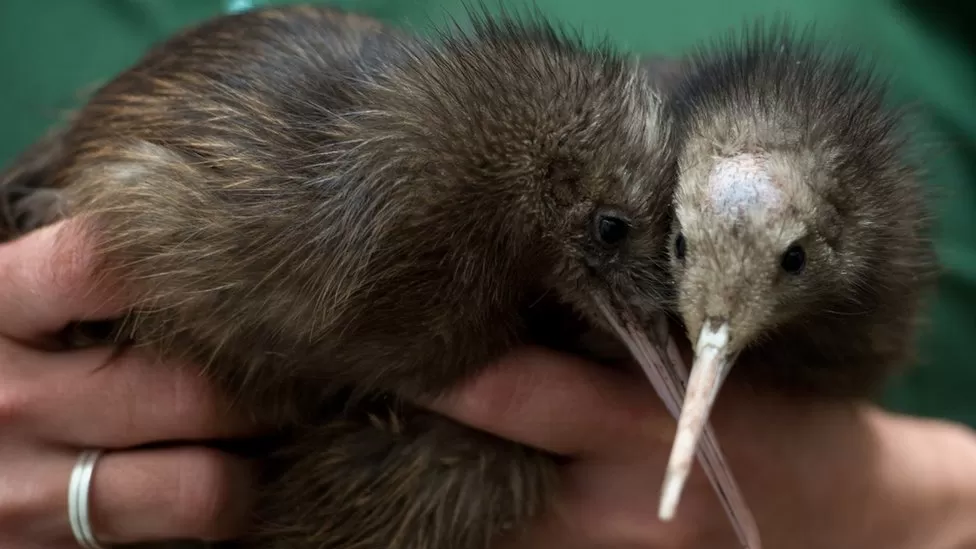New Zealand seeks to exterminate predators to save native birds

Wildlife-lovers gather in Miramar, a scenic peninsula, on a bright Sunday morning. Extermination is their goal.
In Wellington, New Zealand’s capital, Predator-Free Miramar aims to eradicate rats from the area to protect birds.
Volunteers are given peanut butter – ideal bait for rodents – and poison after donning hi-vis jackets.
They are assigned patches to check coil traps and toxins-laced bait boxes. Dan Coup, who leads the group, wishes them good luck.

The GPS app guides Coup through the bush to the devices he needs to reach. Whenever the bait is replaced, the app is updated with the new information. There are no signs that a rat has visited.
He scans the ground for droppings, but his phone vibrates. A participant in the WhatsApp group posted an image: a dead rat in a trap.
The news is not welcome. As Coup sighs, “Dave will feel good about catching the rat, but we feel sad that there’s still one.”.
In Miramar as well as throughout New Zealand, rats and other predators must be eradicated. A completion date of 2050 is expected by the government.
That’s a tall order. The largest territory in the South Atlantic to be rat-free is South Georgia, which measures 170km (105miles) in length. There is a belief among New Zealand conservationists that the feat can be accomplished in a larger area than the UK in due course.
There are also practical and ethical issues to consider.
The project revolves around a unique ecology. Long before mammals evolved, New Zealand split from an ancient supercontinent 85 million years ago. In the absence of land predators, birds could nest on the ground or do without flying.

Moreover, New Zealand was the last major landmass to be settled by humans. Polynesians brought Pacific rats and mice to the Pacific in the 13th century. Europeans introduced larger mammals six centuries later, which hunted defenceless birds. Human settlement has led to the extinction of almost a third of native species.
Saving the others is not a new concept. Conservationists successfully cleared rats from small offshore islands in the 1960s. However, tackling predators did not become a social phenomenon until about 2010.
“It bubbled up and became a national totem,” says James Russell, an Auckland University biologist and champion of the 2050 project.
